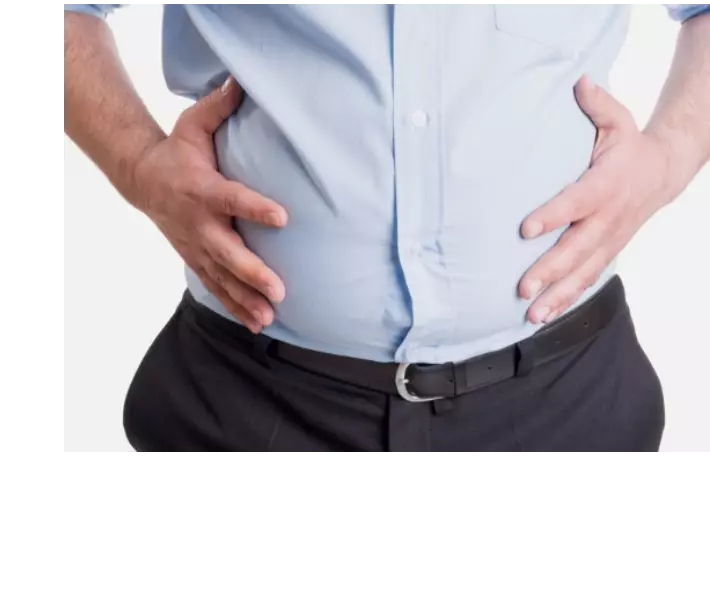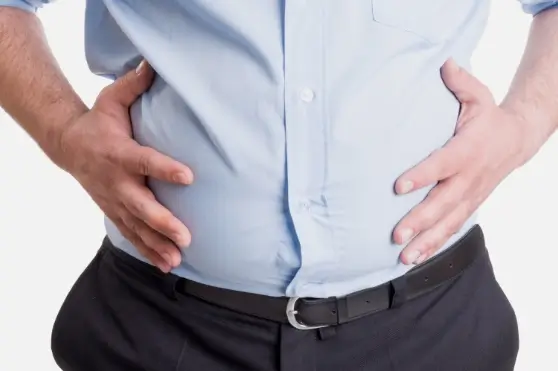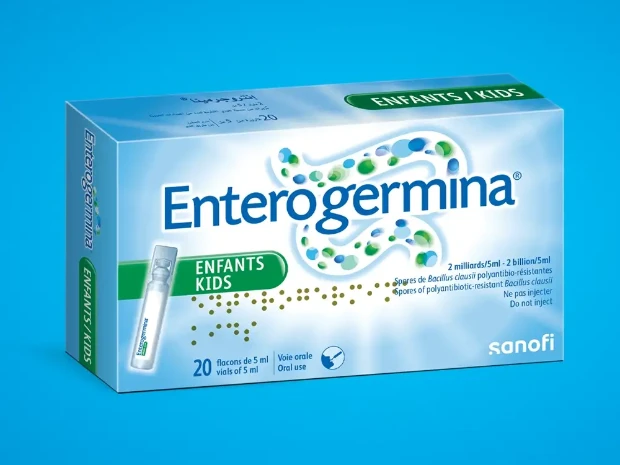What Causes Bloating?
Bloating of the stomach is not caused by excess weight; here are the 3 types you need to know about.
Gut Flora Imbalance
The ‘inflated belly’ is the kind of bloating that gets visibly worse as the day progresses. Usually caused by an intestinal flora imbalance or lazy gut syndrome.
Lifestyle Factors
Bloating of the lower belly can be triggered by a monotonous diet, recently giving birth or overexertion during exercise.
Stress Belly
Excessive stress, unhealthy eating, frequently missing meals and consuming excessive caffeine can cause this type of bloating.
How to Recognize Bloating
Bloating is rarely unaccompanied, and one or more of the following symptoms will usually make an appearance in your day.
Abdominal Pain
Bloating puts immense pressure on the gut and surrounding organs. Moderate to severe abdominal pain and physical sensitivity are to be expected.
Diarrhea
Diarrhea due to imbalanced bacteria in the small intestine can increase gas production, further affecting bloating levels.
Nausea & Heartburn
A swollen gut feels full and pressurized, often fueling the sensation of acid-reflux.
Bloating: Tips & Remedies
Bloating has become such a common experience for some people, they don’t even regard it as an irregularity. Your body is asking for help, and here’s what you can do:
Get your body moving
Physical activities can help move your bowels, in turn releasing any excess gas or stool. Even a brisk walk or some light yoga poses can help!
Give yourself an abdominal massage
Applying pressure over the large intestine can help to get the bowels moving, relieving gas in the process.
Ditch the gum
Sugar alcohols in chewing gum contribute to gas in most people. What’s more, swallowing air whilst chewing may increase bloating levels.

How to Prevent Bloating
Believe it or not, bloating is not “just one of those things”. You can live free of this repetitive condition!
Frequently Asked Questions
When left untreated, bloating can gradually escalate to intolerable levels. You’ve probably got a few questions for us; check out our FAQ.
-
Bloating is attributed to a number of different causes, namely: bacterial infection, fluid retention, intolerance to foods or disturbance to natural digestive movements.
-
The best ways to prevent bloating are to either figure out which foods trigger your gas production, or to take a daily supplement rich in digestive enzymes.
-
De-bloating can be done through diet, but this is rarely fast-acting relief.
Our Products
Enterogermina®’s range will scan the gut for intestinal flora imbalance and deliver billions of good bacteria to treat both the condition and associated symptoms. 1

How can Bacillus clausii help you solve your gut problems?
Bacillus clausii is a type of spore-forming good bacteria that works to rebalance the intestine. When consumed regularly (or as advised by a HCP), it can help to treat and prevent different conditions associated to gut disorder.
Stay Informed
Getting to know your gut, and identifying your personal triggers, is the first step to better intestinal health. Stay informed as to how gut microbiota become negatively affected by everything from traveling to seasonal changes, and how to bring about internal balance to your life.
- Enterogermina® 2 billion vials Patient Information Leaflet Last revised April 2022.
- Enterogermina® 6 billion sachets Patient Information Leaflet Last revised April 2022.
- Enterogermina® 2 billion capsules Patient Information Leaflet Last revised April 2022.
- Product information
- Stress and stomach pain: When should you see a specialist?; UChicagoMedicine. Chicago: The University of Chicago Medicine; 2020 [quoted June 2021] https://www.uchicagomedicine.org/forefront/gastrointestinal-articles/stress-and-stomach-pain-when-should-you-see-a-specialist
- Healthy Eating Pyramid; Harvard University. Boston: Harvard T.H. Chan School of Public Health; 2008 [quoted June 2021]. https://www.hsph.harvard.edu/nutritionsource/healthy-eating-pyramid/




.webp/jcr:content/Enterogermina-AE-capsule.webp)




